SOLUTION NOT SUSPENSIONS
A Call For A Moratorium On Out-of-School Suspensions
Out-of-school suspensions cut classroom time for those who need it most.
Every year, 2.8 million students in the United States are suspended from school, causing them to miss critical learning time, as well as opportunities to grow and succeed.
Recent federal data show that Black and Latino students and students with disabilities are disproportionately targeted by suspensions. They are also likely to be punished more severely than white students for minor misbehavior, contributing to the achievement gap and high dropout rates for these students.
Solutions Not Suspensions is calling for a nationwide moratorium on out-of-school suspensions.
To implement this moratorium, Solutions Not Suspensions, a grassroots initiative of students, educators, parents, and community leaders, is calling on states and districts to support teachers and schools in dealing with discipline in positive ways – keeping students in the classroom and helping educators work with students and parents to create safe and engaging classrooms that protect the human rights to education and dignity.
There are solutions.
Solutions Not Suspensions promotes proven programs that equip teachers and school administrators with effective alternatives to suspensions. In support of this initiative, the Dignity in Schools Campaign is releasing a set of model school discipline policies that provide guidelines to help districts and schools implement the moratorium and phase in positive alternatives. Solutions Not Suspensions’s website will serve as a clearinghouse for information on effective alternatives to suspension and give supporters an opportunity to add their voice to the call for a moratorium.
On August 21, 2012 at a Los Angeles, CA press conference held at Chuco’s Justice Center, the Dignity in Schools Campaign stood together with the Opportunity to Learn Campaign to call for a moratorium on out-of-school suspensions in an effort to address the nationwide pushout crisis facing our schools.
Moratorium Declaration
We, the undersigned call on states, districts, schools and law enforcement to place a moratorium on the practice of out-of-school suspensions and invest in support and resources for teachers and other educational staff to implement positive approaches to discipline.
The ultimate goal of this moratorium is to reduce the reliance on all forms of exclusionary discipline and to replace them with best practices that support students, teachers and all members of the school community in creating safe and engaging classroom environments.
We define out-of-school suspension as any suspension that results in a student being removed from his or her regular classroom without being placed in a setting where quality educational services equivalent to those in the regular classroom are provided. These services must include a full school day and access to the same positive services, school activities and after school programs.
To this end, we call on states, districts, schools and law enforcement to:
• Put in place the moratorium for no less than one year and until more effective discipline strategies that eliminate disparities are implemented and documented;
• Adopt smart and supportive discipline practices, such as school-wide positive behavior supports, restorative practices and other positive approaches, that do not limit students’ learning time or discriminate based on gender, race or disability status;
• Safeguard against an increase in and work to reduce reliance on other punitive discipline practices such as expulsions, school-based arrests or placements in alternative schools;
• Prioritize keeping students in their regular classroom setting and school. In cases where students are temporarily removed to an equivalent educational setting, provide positive supports to ensure that there is an effective transition back to their regular classroom setting that meets academic, social and emotional needs;
• Provide supports to teachers, administrators and other educational staff to address discipline challenges in a way that protects students’ human rights to education and dignity; and
• Engage parents, students and community members in the development and implementation of more educationally sound and equitable policies and practices.
During the period of time the moratorium is in place, there should be monitoring of each strategy outlined above, including making data and evaluation available to the public.
We also call on the federal government to publish policy guidance on effective discipline practices and provide resources and technical support to states, districts and schools in institutionalizing these positive approaches.
This moratorium shall not include cases where federal law requires certain actions
More Solutions Not Suspensions Resources
“District or School
Readiness Indicator”
“Solutions not
Suspensions Postcard”

